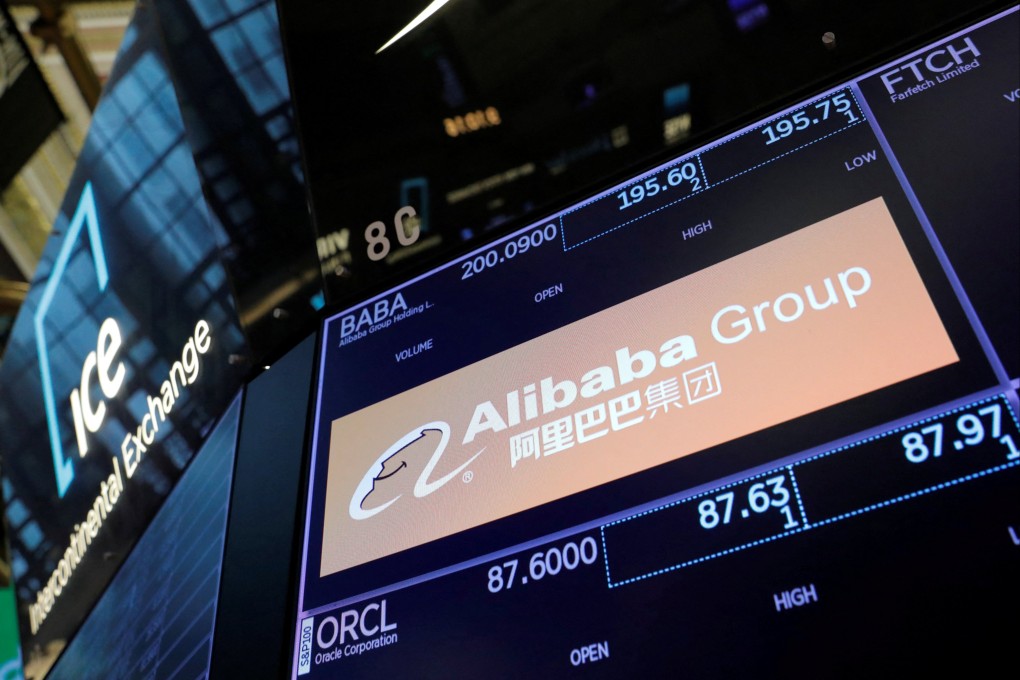Advertisement
Hang Seng gains as China pledges to open policy toolbox to aid growth while Alibaba tumbles on US regulatory concerns
- China’s central bank pledges to open its toolbox wider and stem any collapse in credit, deputy Governor says in briefing
- Regulatory risks surrounding Alibaba Group re-emerge as the Biden administration reviews its cloud-computing business for potential threat to national security
Reading Time:2 minutes
Why you can trust SCMP

Hong Kong stocks kept gains, shrugging off declines in regional markets, as bets on policy easing in mainland China aided property developers and banks. Alibaba Group slid on potential regulatory curbs in the US.
The Hang Seng Index rose as much as 0.4 per cent before easing to a 0.1 per cent gain at the close of Wednesday trading. The city’s Tech Index slipped 1 per cent as Alibaba Group tumbled while China’s Shanghai Composite Index lost 0.3 per cent.
Developers Country Garden and China Overseas Land climbed by at least 4.9 per cent, while China Merchants Bank and Bank of China rose by 2.1 per cent and 1 per cent respectively.
Advertisement
Policymakers will open its monetary toolbox wider to ensure a stable supply of money and prevent a collapse in lending, Liu Guoqiang, Deputy Governor of China’s central bank, said in a briefing on Tuesday. That signal of support added to recent measures to ease liquidity and funding access over the past one month.
“The momentum on stabilising growth will strengthen after the cuts in the reserve requirement ratio and loan prime rate,” said Chen Xianshun, an analyst at Guotai Junan Securities. “That will revive risk appetite.”
Advertisement
Advertisement
Select Voice
Choose your listening speed
Get through articles 2x faster
1.25x
250 WPM
Slow
Average
Fast
1.25x